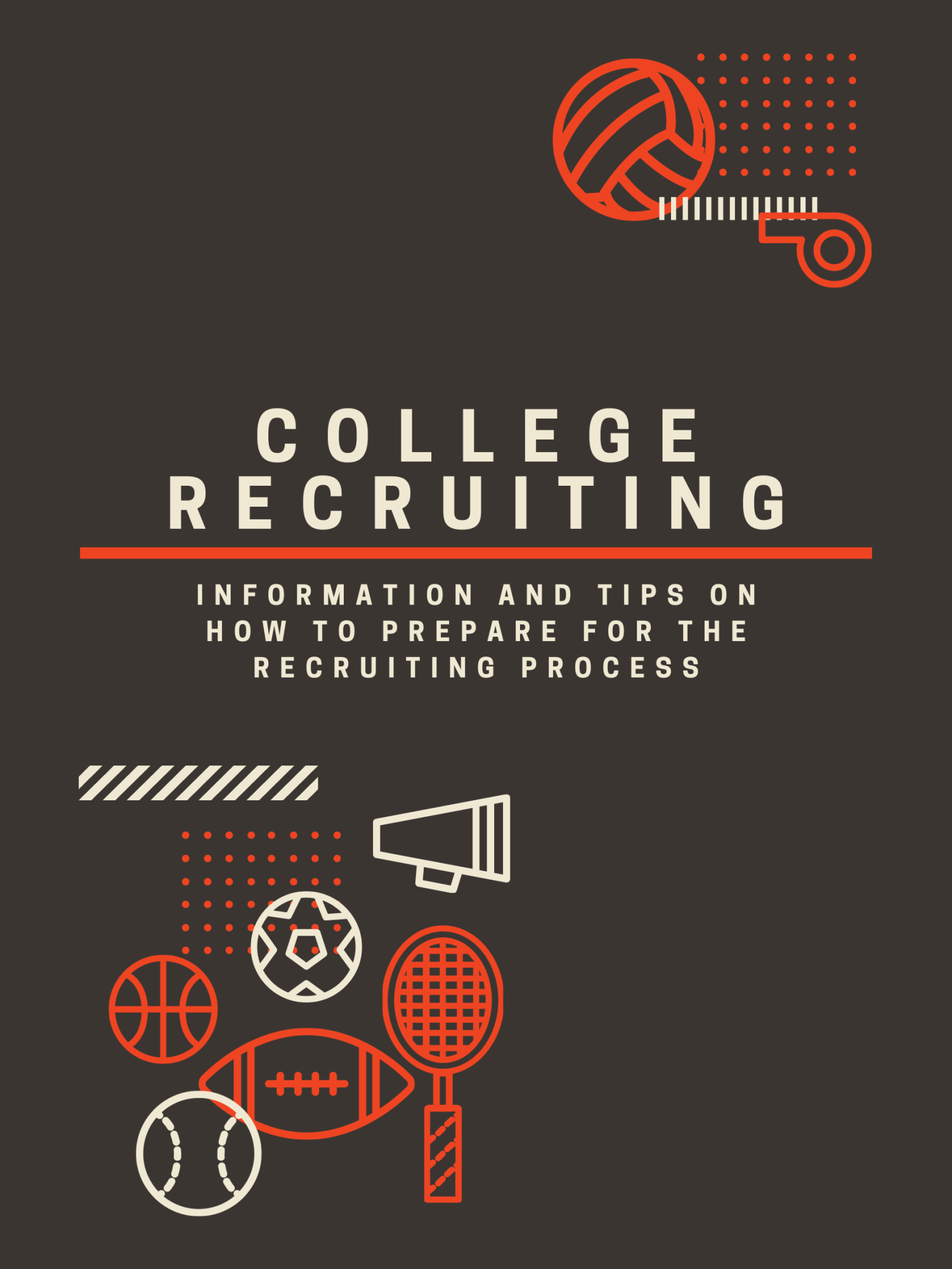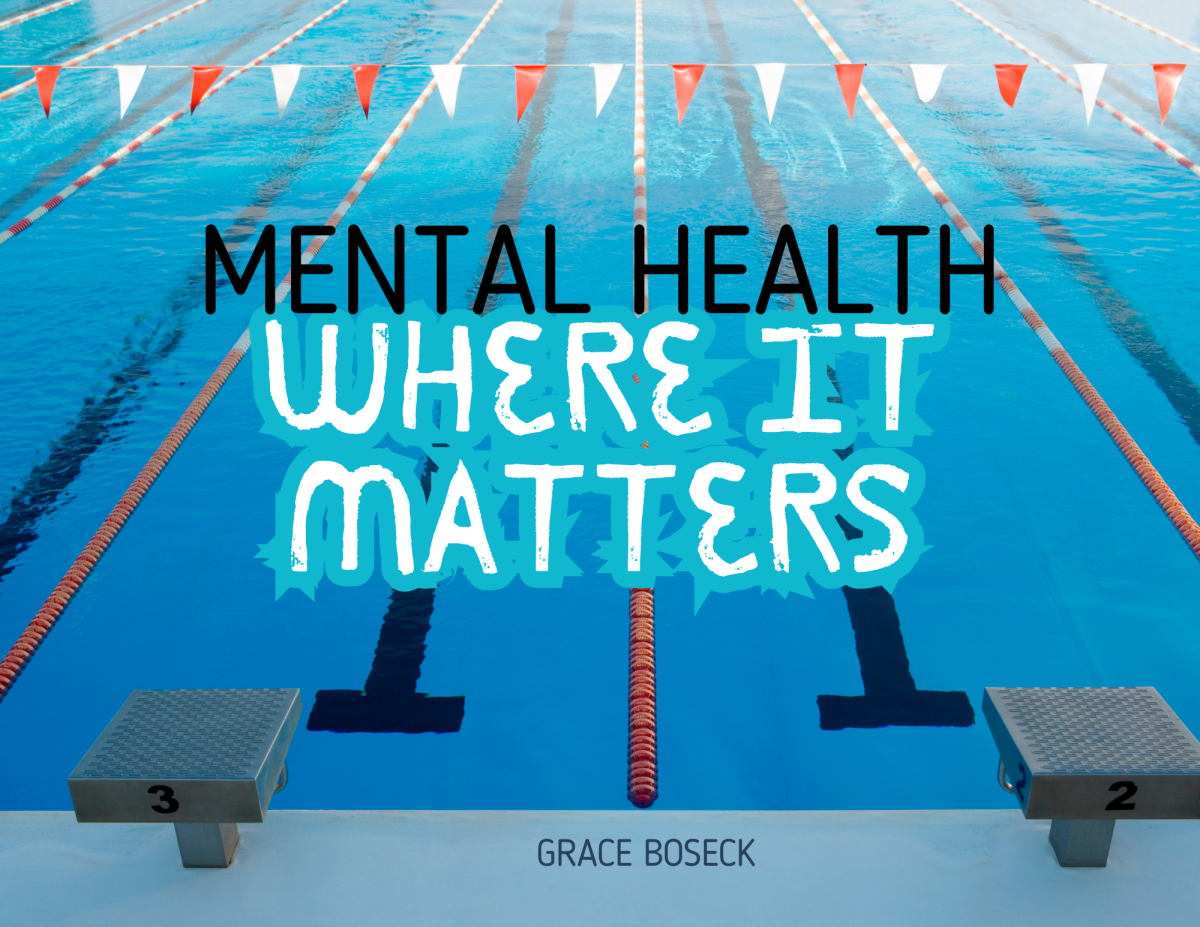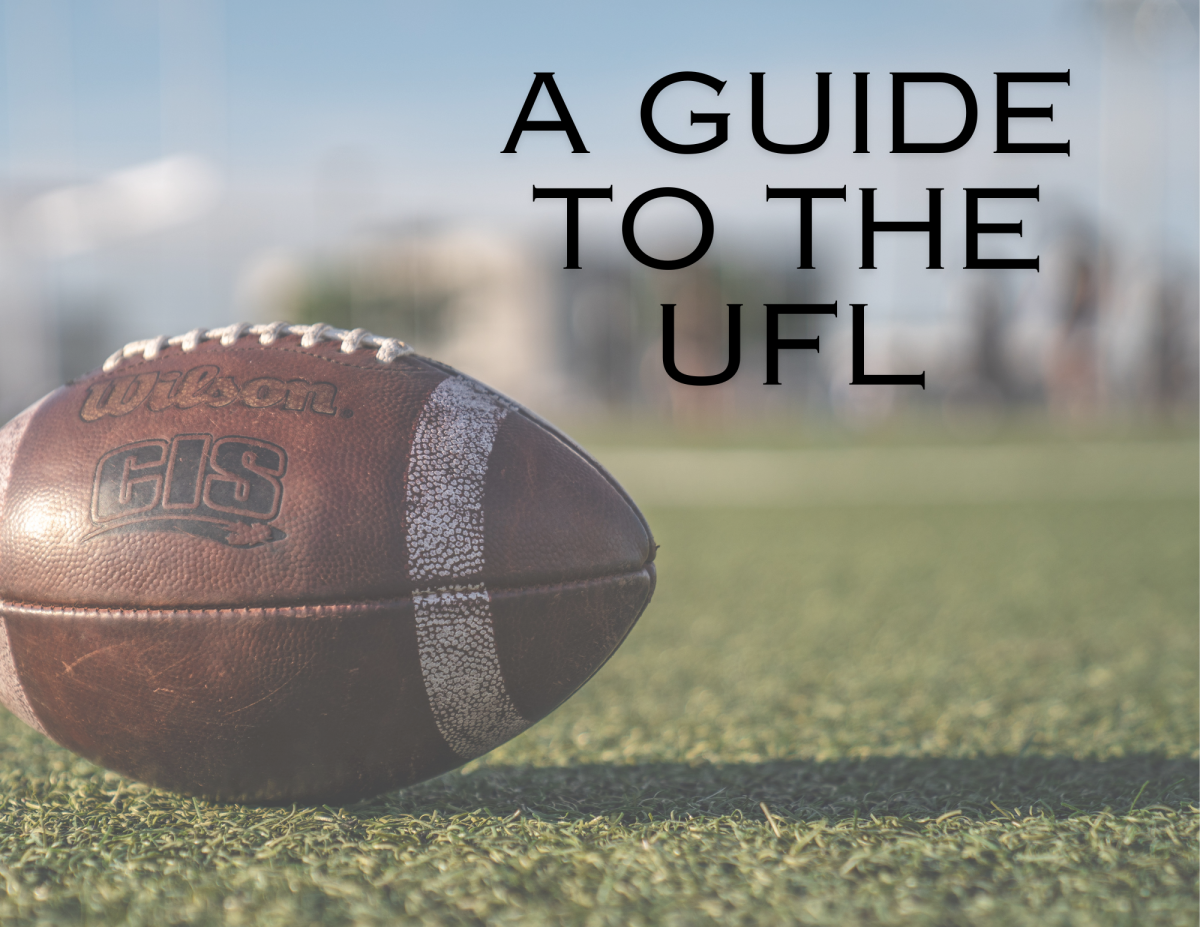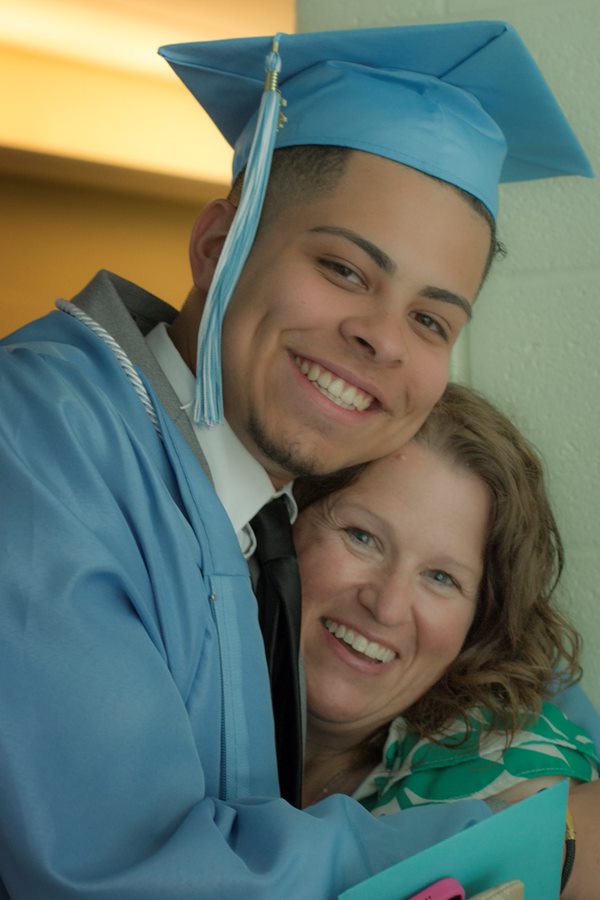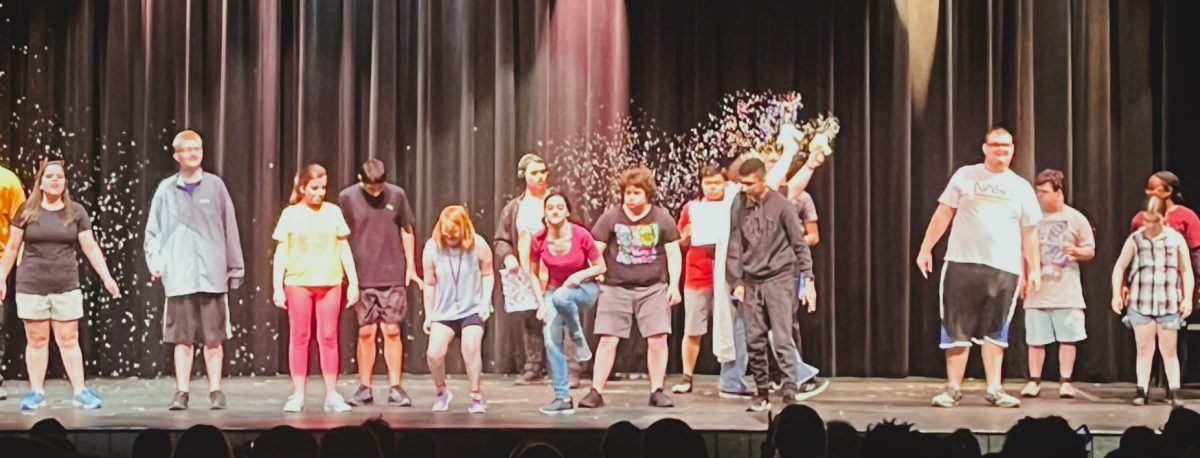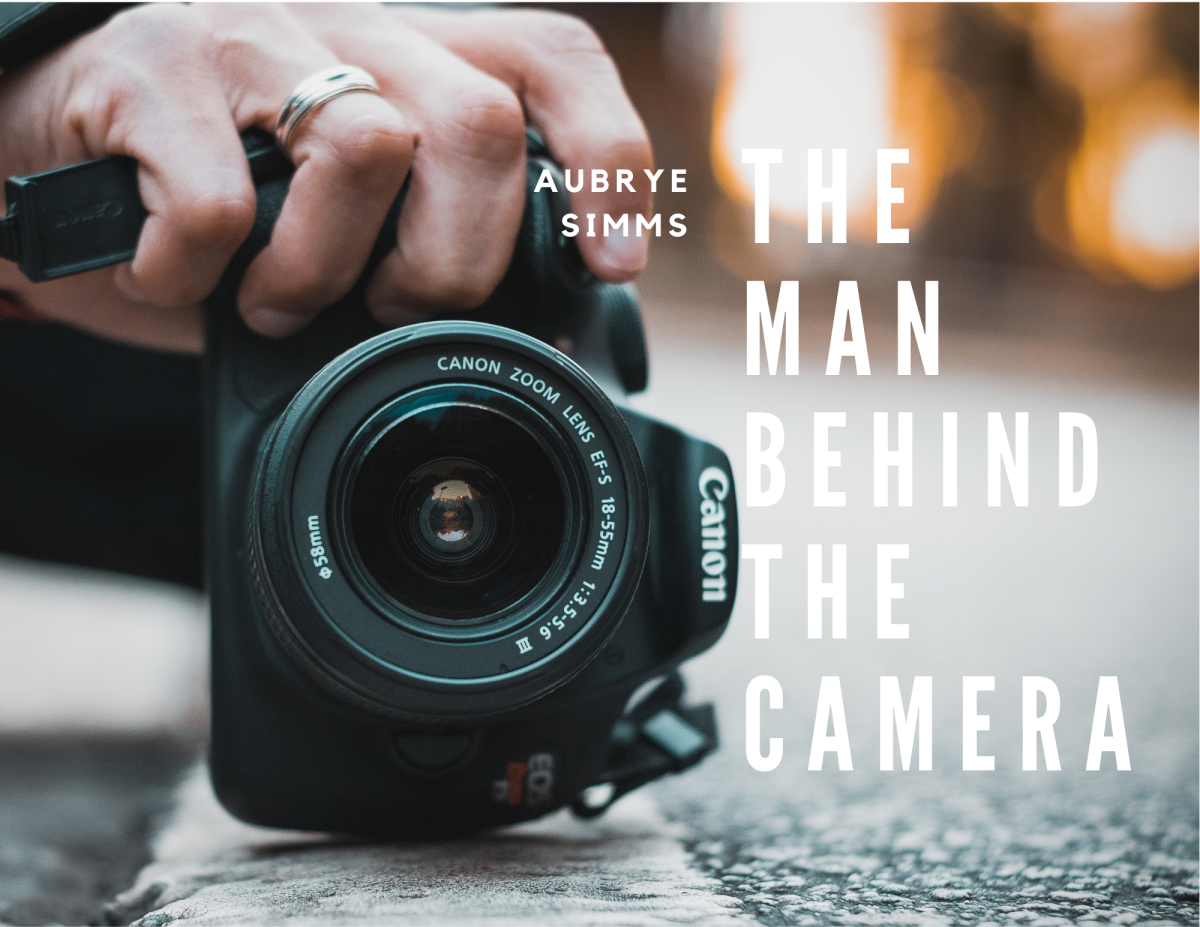Getting recruited to play a sport in college is a tremendous step towards pursuing your athletic career at a higher level. It is a chance for you to showcase your skills that you spent hours on end working on, and it opens doors to scholarships, new experiences, and long-lasting connections with teammates and coaches. Although the recruiting process can be overwhelming at times, with proper preparation and guidance on the steps towards committing to a college, you can easily make it a rewarding experience.
To begin, it is extremely important to start the college search process early. You should be researching colleges so that you can decide what types of schools align with your interests and goals, and to help you decide what exactly you are looking for. Sam Wolfkill, a junior at C. Milton Wright stresses the importance of finding a school that will benefit you. “You are setting up the next four to five years of your life so, find the place that will allow you to be successful during and after college,” said Wolfkill. It is crucial to consider not only the athletic program of a college, but also the academic aspect. You are going to be just as much involved in a college academically as you are athletically, so you will want to make sure that colleges you are looking at meet your standards for both.
After you have researched colleges that you might be interested in, start to reach out to college coaches. Being proactive during this process will increase the likelihood of being recruited. Do not wait for coaches to email you, take the initiative and contact coaches to get your name on their radar and to receive more information about the program. Kirsten Schleicher, a C. Milton Wright graduate of 2021, currently plays Division I lacrosse at the University of Cincinnati. She has been through the recruiting process before and offers advice for anyone who is looking to get recruited. “Make sure to ask a lot of questions about the school and the program, so that you can make the decision that is best for you,” said Schleicher.
Also, if you are playing in an upcoming tournament or showcase, you can email coaches to inform them of your game times and locations and they may attend. College coaches are not allowed to have any recruiting conversations with athletes before a certain date, which varies by sport, but if they like what they see, they may email you about camps that you can attend so they can further evaluate you and decide if you are a good fit for their program.
When you verbally commit to a college, you are agreeing to attend that college and play a sport there. It sounds like a done deal. However, you can back out of this commitment at any time before you sign if you communicate this with the college. For NCAA Division I and II schools, an athlete must sign a National Letter of Intent. This is a legally binding document that signifies your intent to attend the college for one full academic year, and the college agrees to provide you with athletic aid for one academic year. For NCAA Division III schools, an athlete does not sign a National Letter of Intent but signs a non-binding celebratory form to recognize their commitment.
It is also a good idea to familiarize yourself with academic eligibility requirements set by the NCAA (National Collegiate Athletic Association). This includes graduation from high school, the completion of at least 16 core courses, earning a certain minimum grade point average, earning a qualifying test score on the ACT or SAT, and finally, requesting a final amateurism certification from the NCAA Eligibility Center. These guidelines ensure that athletes meet academic standards before competing at the college level.
This entire process can be highly stressful, so do not hesitate to seek guidance from coaches, counselors, and people who have been through the college recruitment process before. They can provide you with valuable advice and help you navigate through obstacles that come your way. “I was extremely lucky to have so much support and help from my parents, my family, and my club coach. Just knowing that all of those people were going to be there for whatever decision I made really helped me in the recruiting process,” said Schleicher.
It is important to remember not to get discouraged. If you do not hear back from the school you were hoping for, it is not the end of the world and it may not have been the best fit for you anyways. There are plenty of schools that will suit your interests that you may not have thought of before. “I would have never imagined that I would be going to Cincinnati. I never reached out to them before, but they saw me playing in a tournament during the fall of my junior year of high school and they contacted me,” said Schleicher. “It really showed me the importance of remaining positive and keeping my options open.”
Your journey as an athlete is distinct to you and whichever level you decide to pursue your sport at is your personal choice. “After personally going through it, the things I found to be the most helpful were to not settle, go where you are loved, and to not worry about everyone else’s journey,” said Wolfkill. “This experience is supposed to be fun as you are going to do what you love, and it will all be worth it.”


